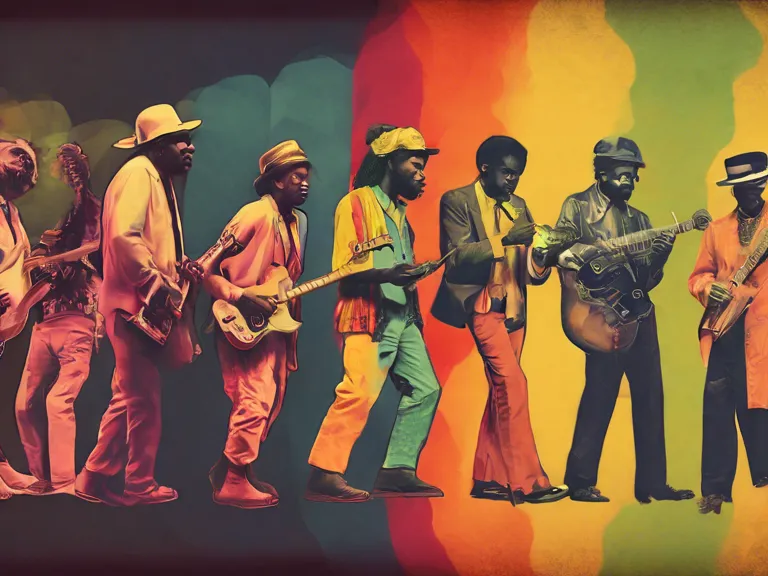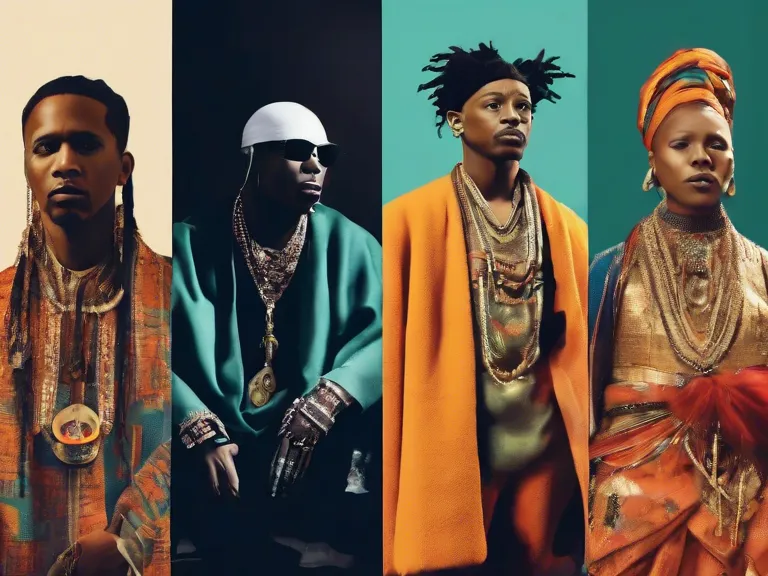
The music industry has always been a reflection of society, with emerging artists often serving as cultural icons for their generation. As we look towards the future, it is essential to understand how cultural shifts influence the rise of new music icons. From changing societal norms to technological advancements, various factors play a role in shaping the music landscape and propelling certain artists to stardom.
One of the most significant ways in which cultural shifts impact emerging artists is through evolving tastes and preferences. As attitudes towards genres, styles, and themes change, artists who resonate with these shifts are more likely to gain popularity. For example, the rise of social media has allowed for greater diversity in music consumption, giving voice to a wider range of artists from different backgrounds and genres.
Furthermore, changing societal norms and values also play a crucial role in shaping the narrative around emerging artists. As society becomes more inclusive and diverse, artists who challenge traditional norms and push boundaries are often celebrated for their uniqueness and authenticity. This can be seen in the success of artists who address social issues such as mental health, identity, and activism in their music.
Technological advancements have also had a profound impact on the music industry, enabling artists to reach a global audience with ease. The rise of streaming platforms and digital distribution has democratized the music landscape, making it easier for emerging artists to share their work and connect with fans. This has created a more level playing field for artists from all backgrounds, allowing for a greater diversity of voices to be heard.
In conclusion, the future of music icons will be shaped by a combination of cultural shifts, societal values, and technological advancements. As we continue to evolve as a society, it is essential to support and celebrate emerging artists who embody the spirit of their generation and push the boundaries of creativity.



